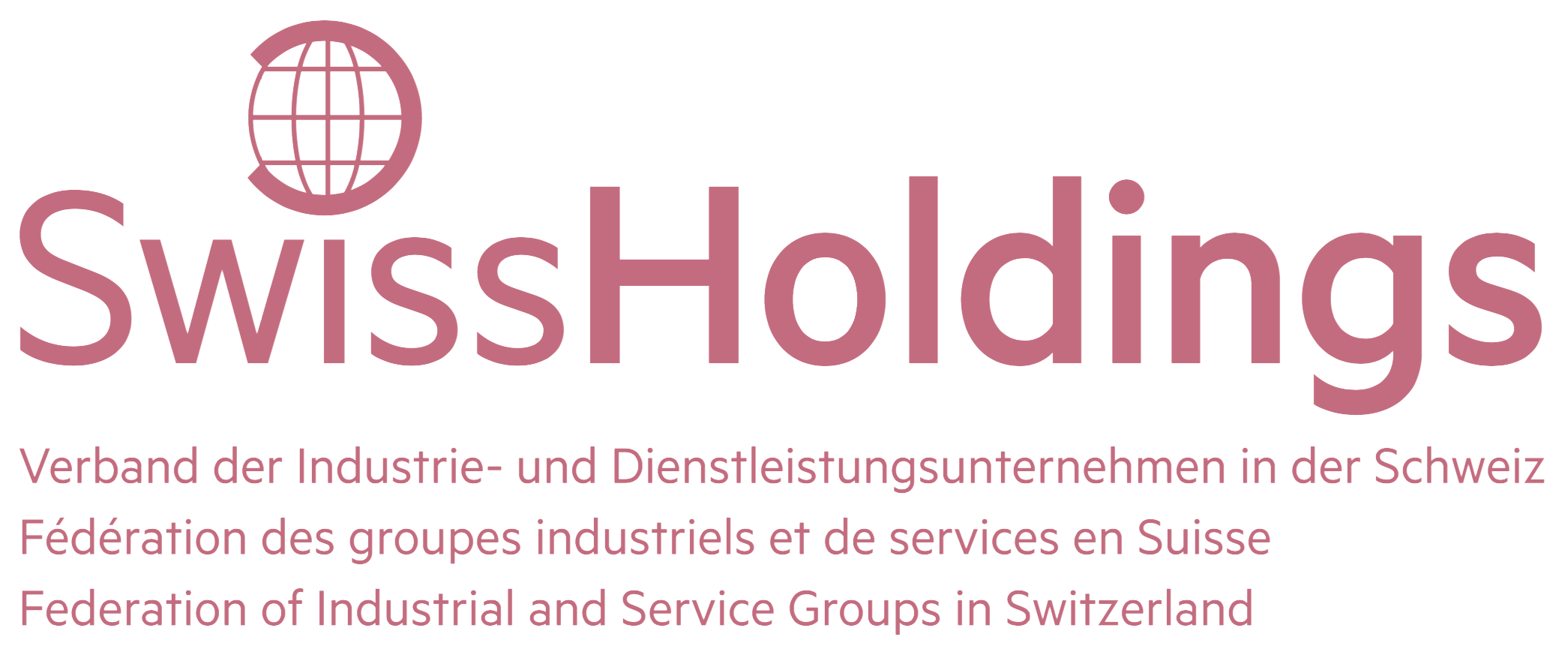Executive Summary
Switzerland boasts an extensive web of Bilateral Agreements with the European Union (EU). The objective is to enhance and solidify the relationship between Switzerland and the EU through the revision of five existing agreements, alongside the incorporation of two novel internal market agreements and collaboration in the realms of research, education, and health. However, the EU has tethered this progress in the agreement network to the clarification of the Institutional Framework. To achieve this and further develop and stabilize the relationship between Switzerland and the EU, a package approach is now employed. Instead of addressing institutional matters comprehensively in a horizontal agreement, these issues are now individually addressed in each sector-specific agreement.
Stance
At its session on June 9, 2023, the Federal Council officially endorsed the long-awaited report on the assessment of relations between Switzerland and the European Union (EU). The evaluation confirmed the continued viability of the existing bilateral approach as the most advantageous solution for Switzerland. Shortly thereafter, during its sessions on June 21, 2023, The Federal Council established the key parameters for a negotiating mandate between Switzerland and the EU. These parameters serve as the foundational framework for subsequent negotiations with the EU.
Subsequent to exploratory discussions with the EU, the Federal Council, in its session on November 8, 2023. On December 15, 2023, the Federal Council adopted a preliminary negotiating mandate concerning the so-called Bilaterals III. Concurrently, during the same session, the Federal Council granted approval and released the report documenting the outcomes of the exploratory discussions with the EU. An overview detailing the components of the package approach is available for reference here.
In the following phase, the draft mandate will undergo a consultation process with the Foreign Affairs Committees of the Federal Assembly (FAC) and the Conference of Cantonal Governments (CCG). The Federal Council’s objective is to commence negotiations with the EU expeditiously, considering the upcoming European elections in the summer of 2024, with the aim of avoiding unnecessary delays.
Position
The establishment of orderly and secure relations between Switzerland and the European Union (EU) is imperative for the mutual benefit of both entities. The EU member states retain significant importance as trading partners for Switzerland, given its heavily export-oriented economy. Consequently, maintaining the successful trajectory of Bilateral Relations must remain a paramount objective. SwissHoldings acknowledges and appreciates the Federal Council’s efforts to sustain the application of bilateral agreements with minimal disruptions.


